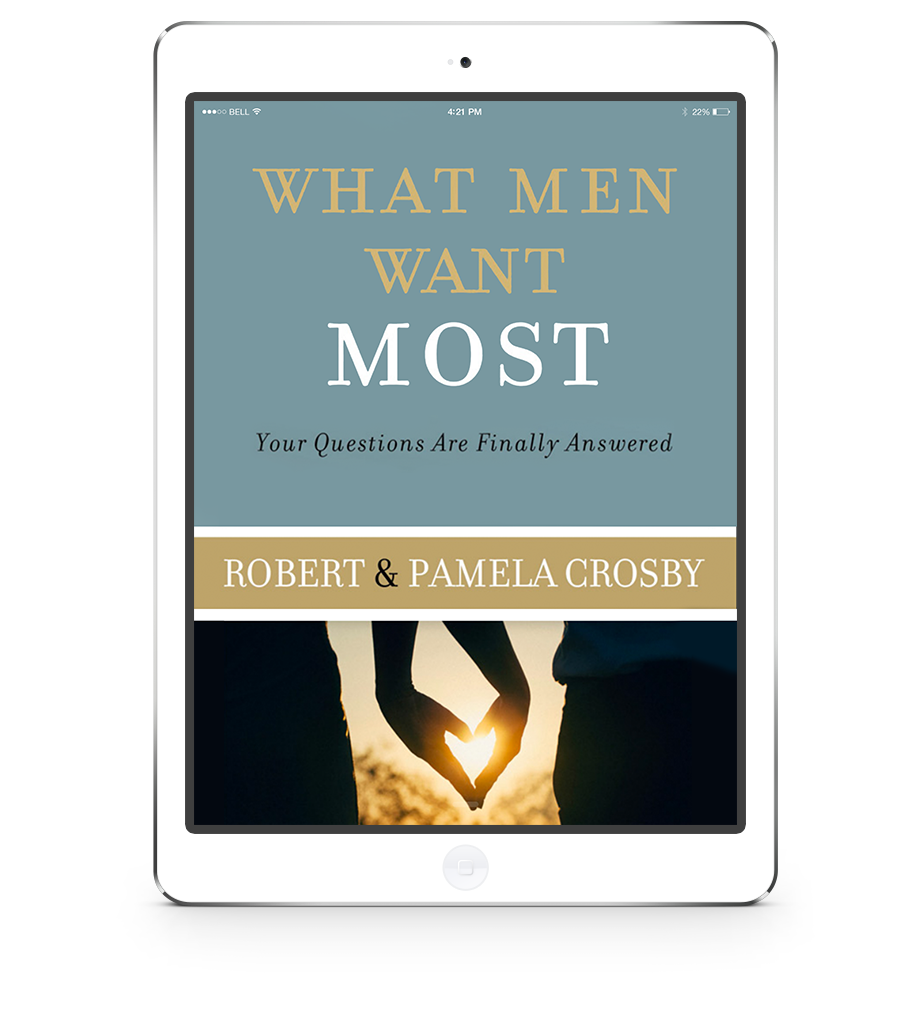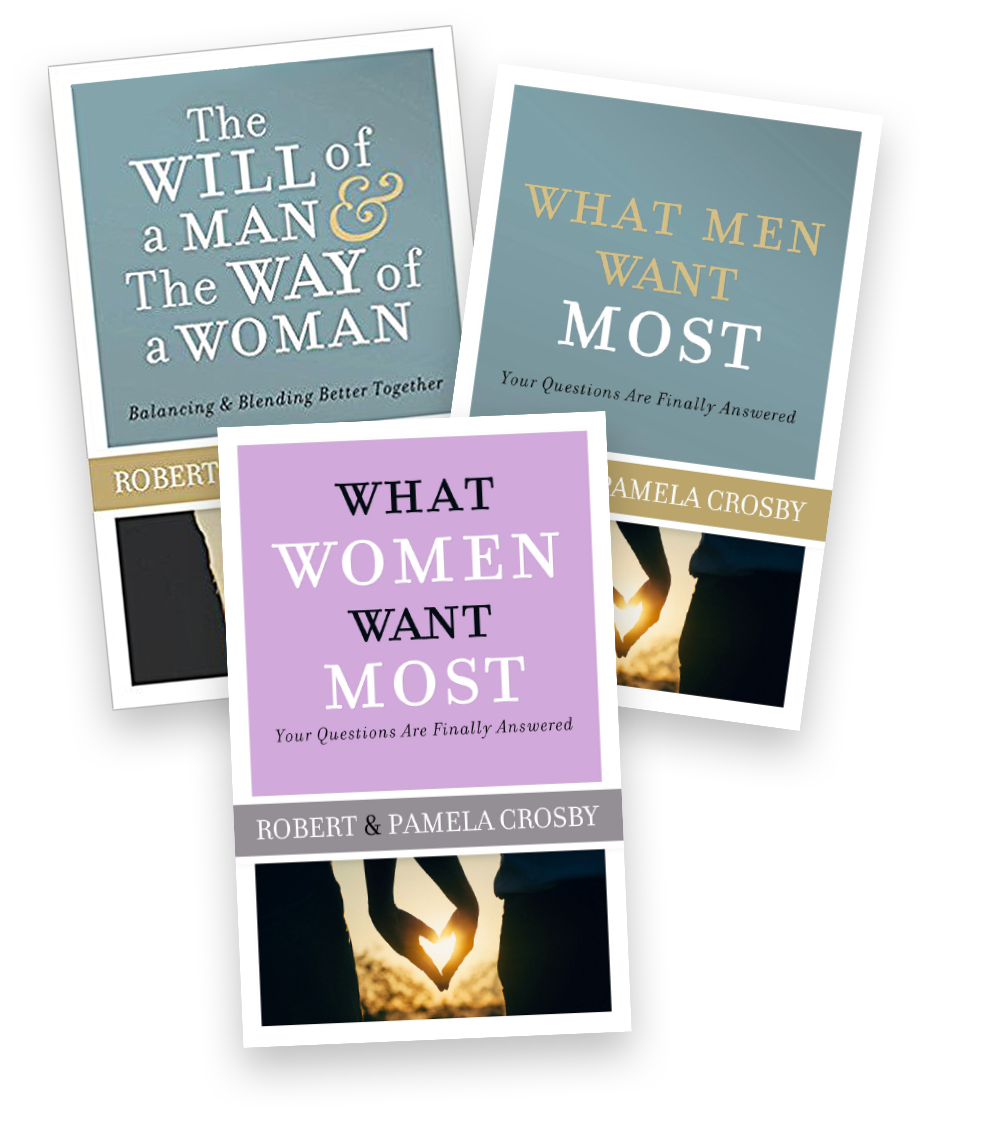A President, Not a Pastor.

Could an Evangelical Christian in good conscience vote to elect a practicing Mormon as President of the United States? That is the question with which millions of voters in this country are now wrestling. Because of this struggle, all of Mitt Romney’s efforts to date have not allowed him to rise above twenty-five percent of Republican support in the polls. What gives? Or, should I say, what will give?
After much thought and discussion over this question and listening to an endless array of conversations on the subject, here’s my conclusion: There is a difference between choosing a President and a pastor. They are not the same. Consider this:
- When I choose a pastor, I want to know how well this person understands the doctrines of the Bible. When I choose a president, I want to know how well they understand the Constitution.
- When I choose a pastor, I am looking for pastoral skills; I want to know how effectively they could lead a congregation. When I choose a president, I am looking for presidential skills; I want to know how effectively they could lead a nation. There’s a difference.
- I want a pastor who will boldly propagate the Gospel. I want a president who will care deeply about freedom and human rights.
 But, some of the reasons for which I choose a pastor and a president are, in fact, quite similar. For instance:
But, some of the reasons for which I choose a pastor and a president are, in fact, quite similar. For instance:
- I want a President who is fiscally responsible. I also want a pastor who is a good steward of God-entrusted resources.
- I want a president who values the worth of a human life. I also want a pastor who values the worth of a human soul.
- I want a hard-working president; one committed to building a great nation. I also want a hard-working pastor; one committed to building a great church.
So, by potentially electing a Mormon as Commander-in-Chief, exactly what is it that we are so afraid of?
Is it that the candidate’s religious zeal may cause them to manipulate the country towards Mormonism? In 2007, when Christianity Today interviewed Romney during the last presidential election cycle, he said, “While the doctrines of my church are quite different from evangelical Christian doctrines, the values of our faiths are very much the same. I don’t know of a doctrinal difference … that would suggest that a President of my faith would lead in a different direction than President Bush, an evangelical Christian.”
Is the concern that the president of the Mormon Church may curry favor and gain undue influence in the Oval Office? Don’t forget, Americans were also once concerned about a certain Massachusetts senator and the Pope.
Serious-minded voters, then, do have several questions to ask in electing (or re-electing) a president. We should consider them closely; questions such as: How well have they led their family circle? What kind of a business person have they been? How well have they led various organizations? What kind of a citizen have they been? How much of a public servant have they been? What character qualities, skills and values have they exhibited within these smaller “circles” of responsibility that would qualify them to lead this much larger national “circle”?
The choice of president is something we should reflect upon and deeply. It is a critical choice this time around, especially in light of the challenging times. We have an important decision to make.
 As proud as I am of our American system, it is not perfect; far from it. Nonetheless, despite the flawed systems on the planet, according to Scripture, “there is no authority except from God, and those that exist have been instituted by God (Rom. 13:1).” Perhaps if some evangelical thinkers were permitted to rewrite that verse according to their views it may read: “The only legitimate authorities and leaders are born-again evangelicals or mainline Protestants.” But, the Bible does not read that way. Nor does the Scripture ever ask us to pray to that as a preferred end.
As proud as I am of our American system, it is not perfect; far from it. Nonetheless, despite the flawed systems on the planet, according to Scripture, “there is no authority except from God, and those that exist have been instituted by God (Rom. 13:1).” Perhaps if some evangelical thinkers were permitted to rewrite that verse according to their views it may read: “The only legitimate authorities and leaders are born-again evangelicals or mainline Protestants.” But, the Bible does not read that way. Nor does the Scripture ever ask us to pray to that as a preferred end.
Perspective is important for people of faith. We do require a president. But, remember, the hope of the world ultimately does not rest in any government of man, but rather with the Church. Jesus himself never tried to change the world one precinct at a time, but rather one soul at a time.
With that in mind, the question remains: Could an Evangelical Christian vote to elect a Mormon for President? Clearly, that question is born out of a series of concerns. But, it seems that more so our concern as citizens should not be over what particular religion the candidate espouses, but rather over how well they would preside over our freedom of religion.
As we wrestle our way through the questions, here’s my suggestion: Give this list of factors a look (and others of your own). Consider the candidates. Watch the debates. Ask God for wisdom. Consider the lives and records of each candidate. Then, vote your conscience. That’s what I a plan to do. But, as you do so, remember for whom you are voting: POTUS.
That is an abbreviation for President, not Pastor, of the United States.







